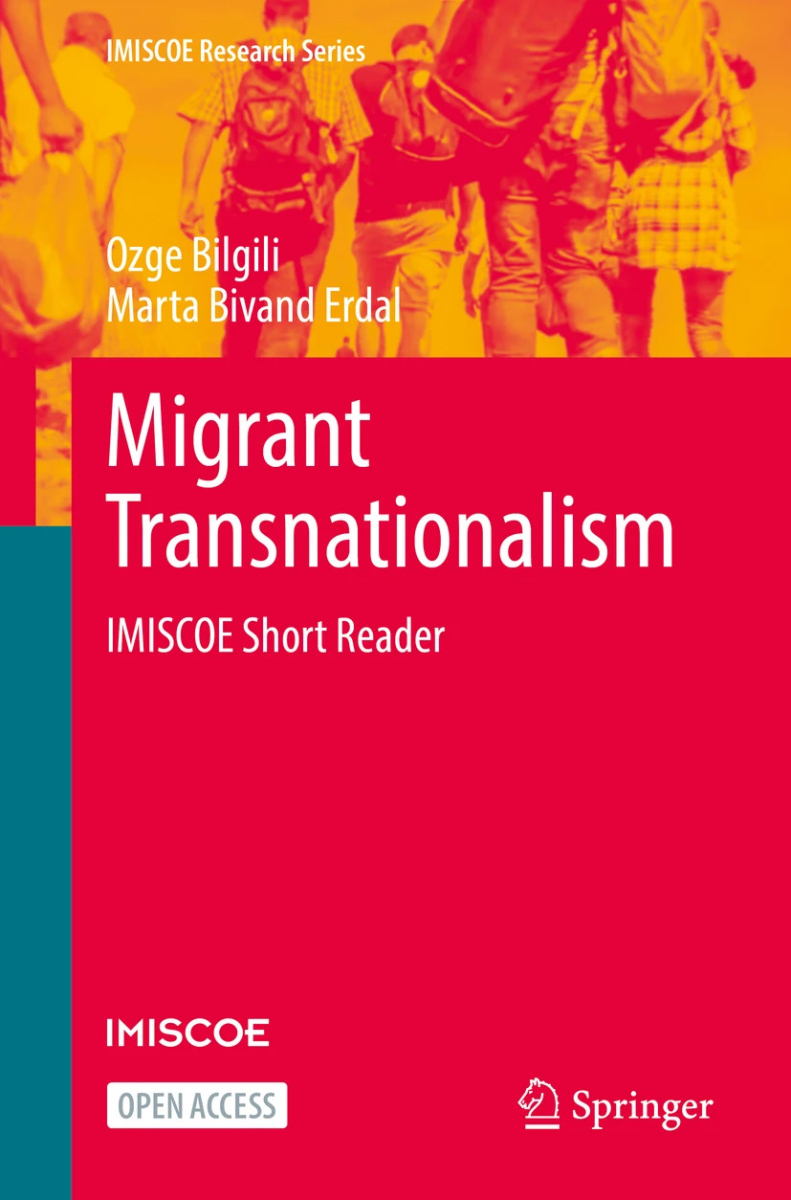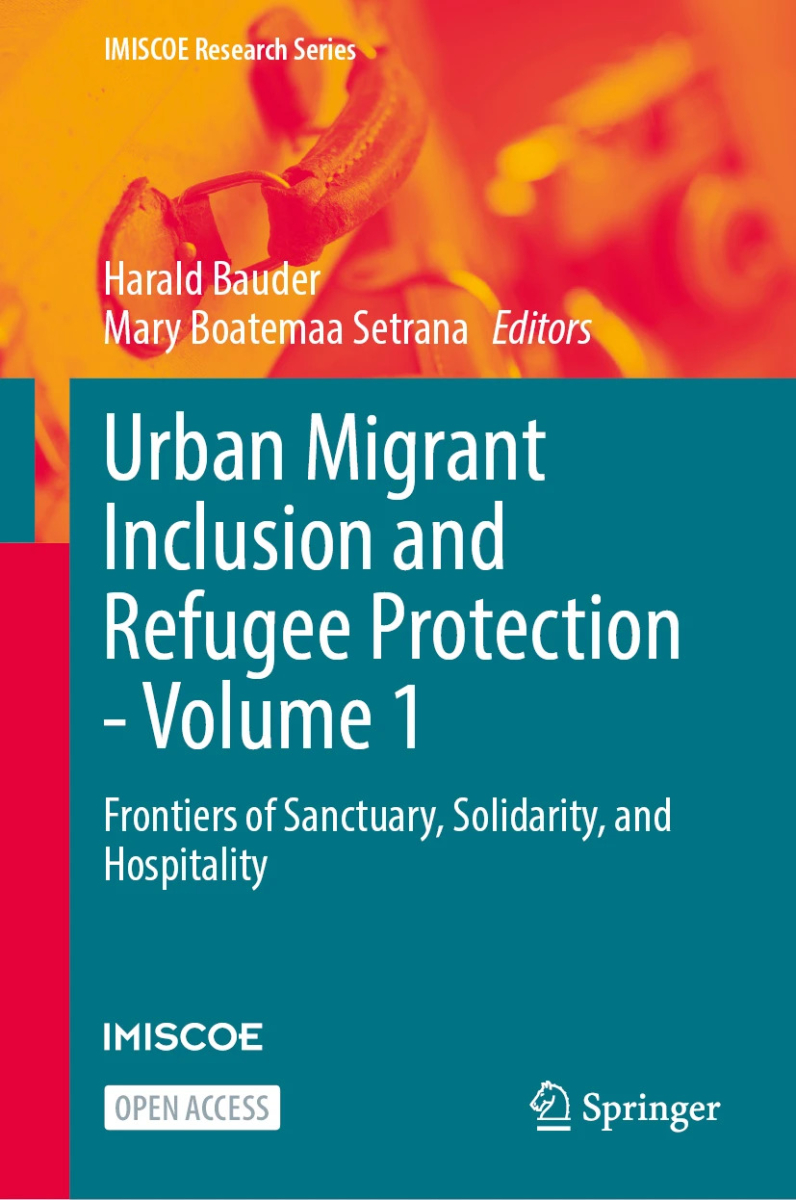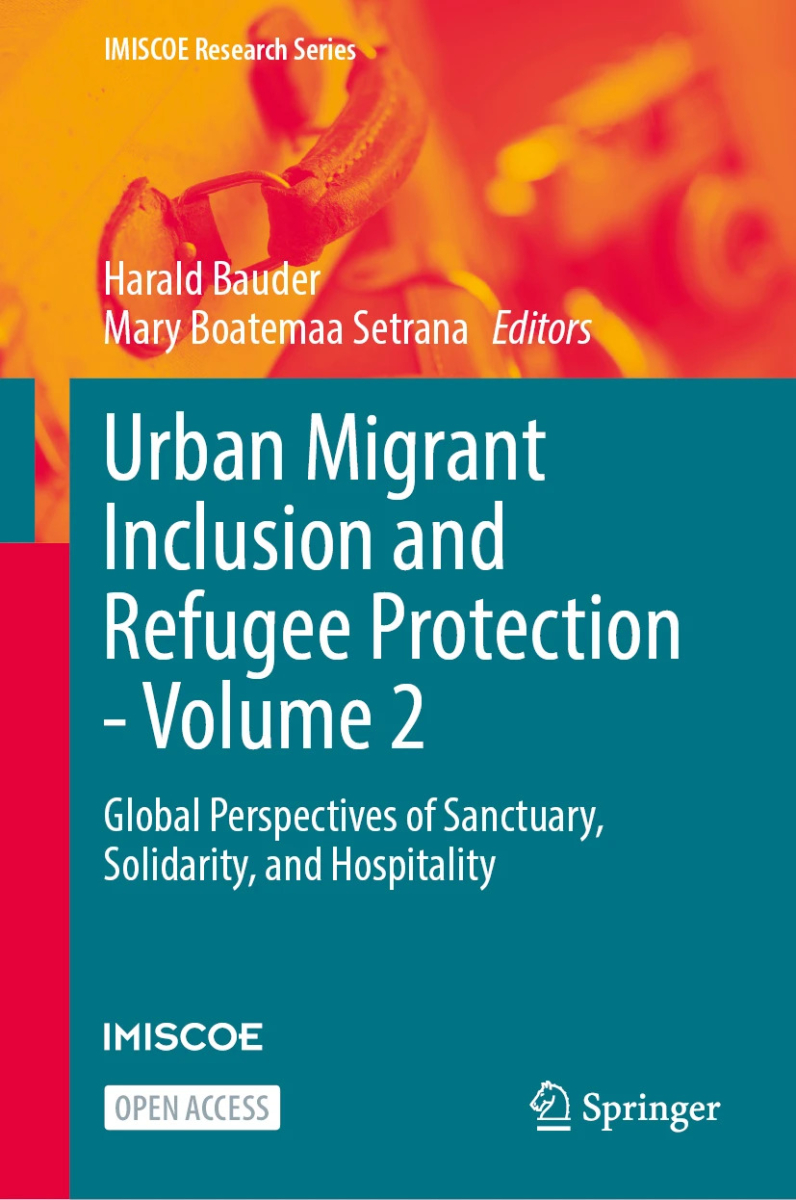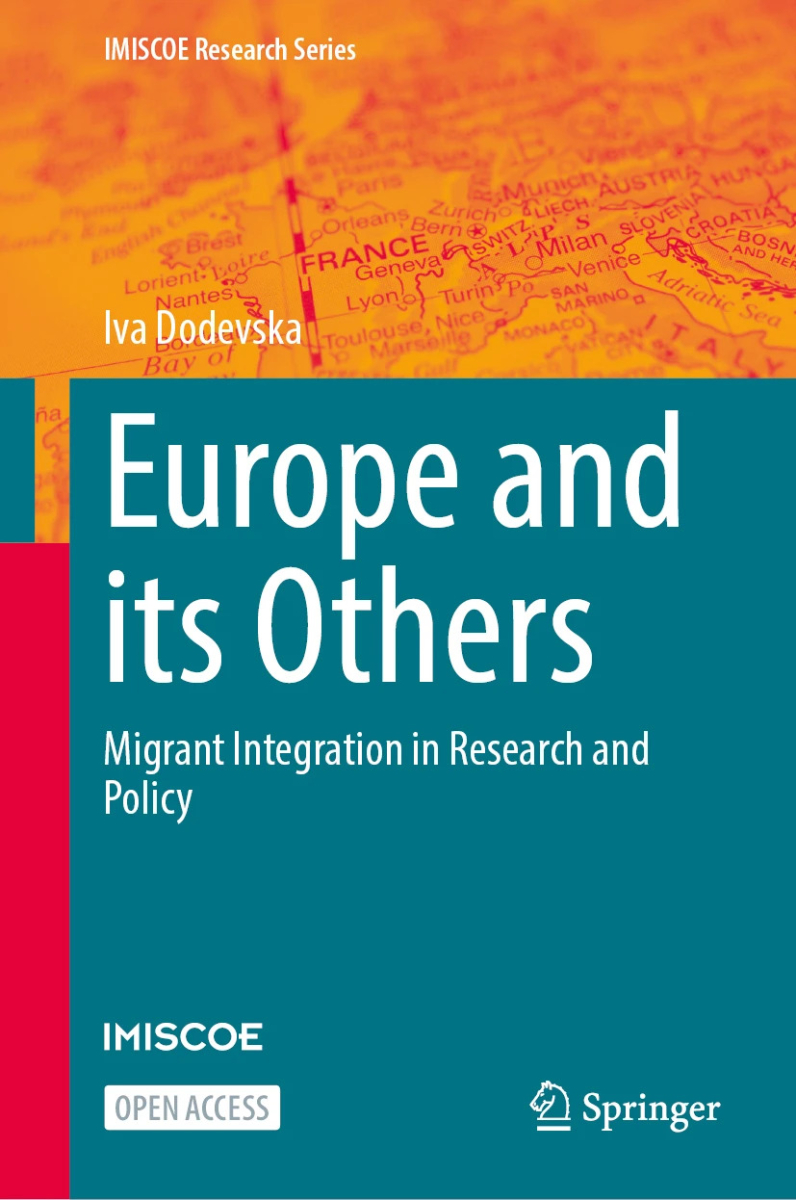IMISCOE, the world's largest network focusing on migration and diversity, is proud to have an official book series in collaboration with Springer. This collection showcases empirical and theoretical research on diverse facets of international migration. Authored by experts in the field, these publications serve as a comprehensive resource for both researchers and individuals interested in migration studies. The series, consisting of over eighty titles, is meticulously curated under the watchful eye of our IMISCOE Editorial Committee, which comprises a diverse group of renowned scholars. The internationally peer-reviewed nature of the series ensures the preservation of exceptional academic standards and high scholarly quality. Most of these invaluable resources are freely accessible to the public. Here you will find a review and recap of the latest publications.
Latest publications in 2025:

Migrant Transnationalism
Authors: Özge Bilgili, Marta Bivand Erdal
This open access short reader provides a compelling introduction to research on migrant transnationalism. The short reader focuses on the significant area of remittances (in financial terms). However, attention is also paid to political, social, cultural and religious transfers and exchanges underscoring the salience of the wide range of ties that are maintained across borders. Increasingly such ties are sustained through virtual and technology facilitated modes of interaction. Drawing on established and recent empirical research from across the globe, in dialogue with scholars of migrant transnationalism, the book offers an overview of approaches, conceptual tools, thematic areas, and methods of investigation. Thus, this short reader sheds light on the fundamentals of existing knowledge on migrant transnationalism: What are the key questions in migrant transnationalism research today? How does a transnational perspective deepen our understanding of migration, (social) mobility, diversity, inclusion and development? As a source for researchers, students and policy makers, this short reader is essential reading which shows why looking at the world through a transnational lens adds value, for anyone interested in migration and social change.

Urban Migrant Inclusion and Refugee Protection - Volume 1: Frontiers of Sanctuary, Solidarity, and Hospitality
Editors: Harald Bauder, Mary Boatemaa Setrana
This open access book, the first of two volumes, offers novel insights into the resilience of migrants and refugees and challenges Eurocentric and colonial perspectives of urban solidarity, sanctuary, and hospitality. It is theoretically framed by critical perspectives on the state and anti-colonialism, histories of urban solidarity, practices of solidarity and estrangement, and geographical perspectives of scale and space. The volume also advances novel themes and new approaches towards urban solidarity, sanctuary, hospitality and alternative conceptualizations that open avenues for future research and policy agendas.

Urban Migrant Inclusion and Refugee Protection - Volume 2: Global Perspectives of Sanctuary, Solidarity, and Hospitality
Editors: Harald Bauder, Mary Boatemaa Setrana
This open access book offers the first comprehensive global overview of urban and local initiatives, policies, and practices towards including and protecting migrants in vulnerable situations and refugees. The chapters in this volume illustrate the various urban solidarity practices in different world regions, while highlighting important differences arising from geographical, political, geopolitical, economic and demographic contexts. The volume contains a mix of chapters that present comprehensive and state-of-the-art literature reviews and the results of empirical case studies that offer original regional perspectives of migrant and refugee inclusion and exclusion, and the policies, politics and rights of urban solidarity.

Europe and its Others
Author: Iva Dodevska
This open access book joins other critical works that draw attention to the ways integration is debated, legislated, conceptualized, monitored, evaluated, and ultimately, normalized as a mode of governance. Situated at the interstices of migration studies, European studies, and the social studies of science, the book examines the role of social scientific research, EU policy, and research-policy collaboration in shaping the ‘migrant integration’ paradigm in Europe. Amidst heated debates on immigration and ‘migrant integration’, the European Union becomes an increasingly relevant actor, where important resources are earmarked for the implementation of civic integration measures, as well as for producing ‘evidence’ to guide policy. Simultaneously, a prolific scholarship attempts to understand, measure and compare how and whether immigrants are ‘integrated into society’, often in the effort to remain ‘policy-relevant’. Interested primarily in integrationism as a technique of power, the book takes a decolonial and genealogical approach to understand how integrationist discourses that are produced at these two sites – research and EU policy – are situated within wider and intersecting systems of hierarchy. The main argument is that the politics of integration research and the scientific claims in ‘evidence-based’ policy intersect to produce ‘integration’ as the hegemonic paradigm in governing migration-related diversity in Europe. Through discourse analysis of research publications, policy documents, media statements, as well as an analysis of the EU’s science-for-policy community, the book examines how integration comes to be seen simultaneously as a political problem and an object of scientific fascination; how integration is regulated at supranational (EU) level and through science-policy collaboration, and what are the effects of integrationism, as a rationality of governance, on its target subjects. Ultimately, the book shows that the practices of regulating, governing, measuring, theorizing and monitoring the integration of immigrants are shaped by power dynamics linked to the preservation of European liberal subjecthood against rapid demographic, social, political, and environmental shifts.
